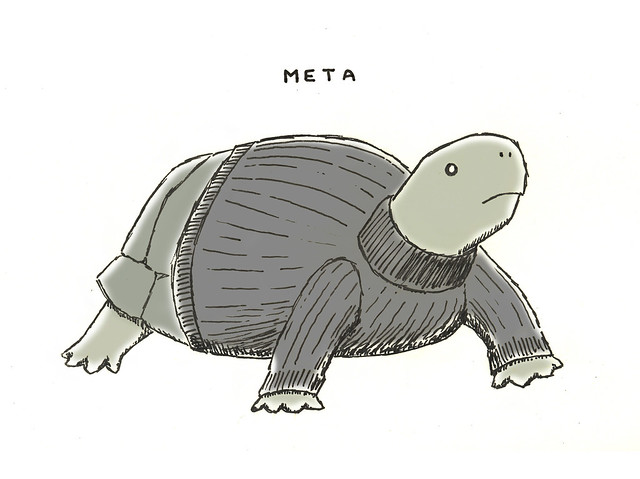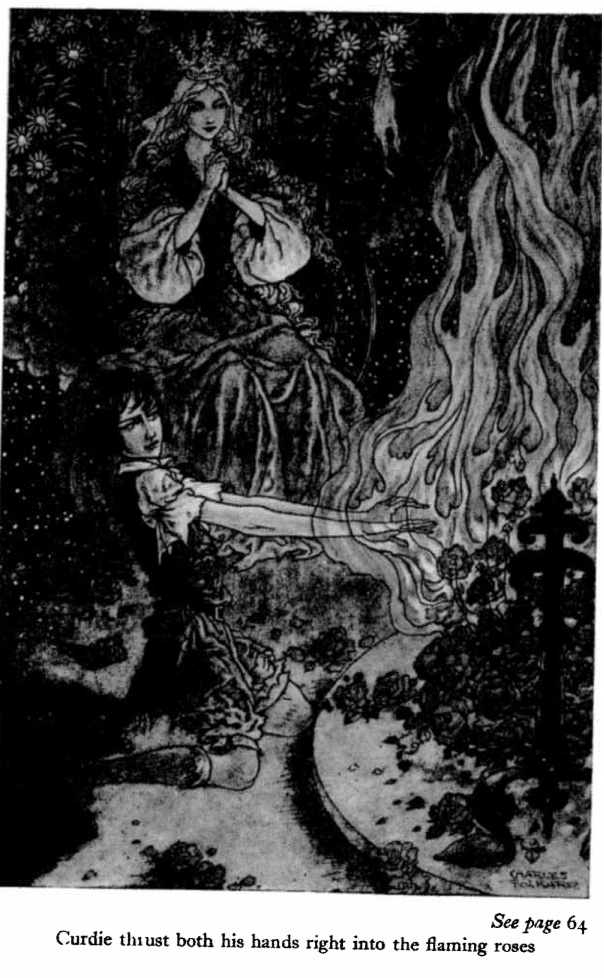 The Spirit of the Liturgy requisites another read-through or two, it is so dense. There are so many layers of analysis of this single one-hour 'event,' the Mass, that the reader might think it would take a week rather than an hour. I suppose this is why Ratzinger stresses over and over the essential overlap between 'once for all' and 'always.'
The Spirit of the Liturgy requisites another read-through or two, it is so dense. There are so many layers of analysis of this single one-hour 'event,' the Mass, that the reader might think it would take a week rather than an hour. I suppose this is why Ratzinger stresses over and over the essential overlap between 'once for all' and 'always.'I don't understand what that means. If anybody would like to explain it to me, please have at it.
Actually, that goes for about the whole book. For the most part, I can grasp it intellectually, but there is some integral element of something that I just can't get a hold of.
Last winter, I ran into this sort of issue with ISI's Christmas celebration. We had worship music and reflection time... candles... musicians on real instruments (besides guitar and piano, anyway)... and the use of one of the dorm chapels. It was beautiful. Until the end.
There were flautists behind the altar (it was a small room; no space for them elsewhere). There were groups of friends hanging out in the chapel and talking (they didn't feel a push to move downstairs). There were people walking around the room without bowing or genuflecting (they didn't see any need to).
And there were people very, very upset at the lack of respect for the space.
What? Incomprehensible. Why would anybody need to be respectful of a ... place? A physical location?
There is a chasm between evangelical Protestantism and Catholicism that cannot be bridged merely by intellectual work. To move from the thought that all people, places, and things are equally sacred (usually meaning: not at all sacred) to the perspective wherein certain physical entities or postures are holy, and holier than regular things, is not just a slight adjustment or attuning.
The kind of reverence Catholicism asks for is not just the feeling of hushed awe that comes from entering a beautiful cathedral, resonant in light and sound. No, that same feeling can come from something as innocuous as Riverview Road at 7pm on a sunny day. This reverence is not a feeling, it is a knowledge: one that is as much exercised in the Pasquerilla West Hall Chapel as in the Basilica of the Sacred Heart.
It's not difficult to acknowledge. It's difficult to know; to know in a way that actually changes the way you interact with a space, with a time, with an object, with a position. That said, I suppose the gulf between evangelical Protestantism and Catholicism is that I don't need to know? Not like that, anyway. If I did know, I guess I wouldn't be an evangelical Protestant anymore.





